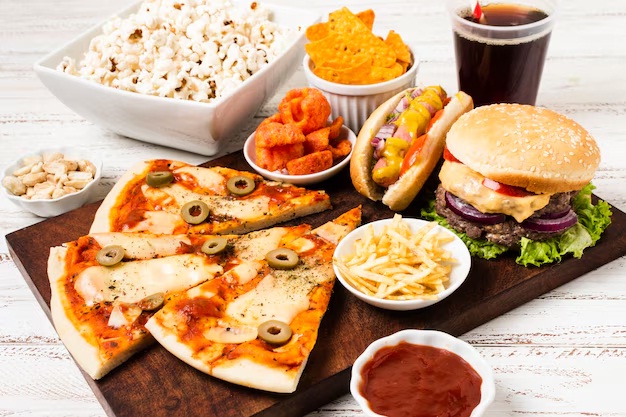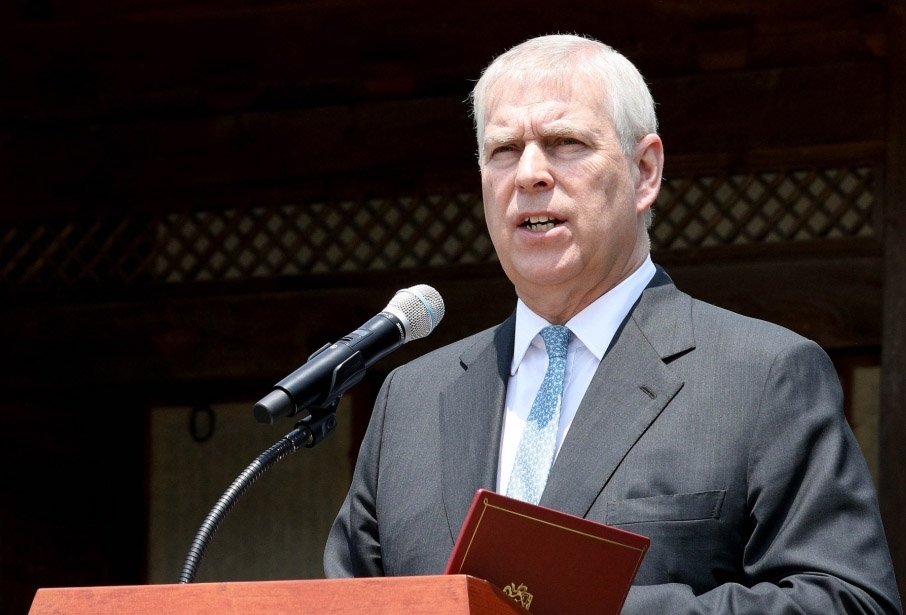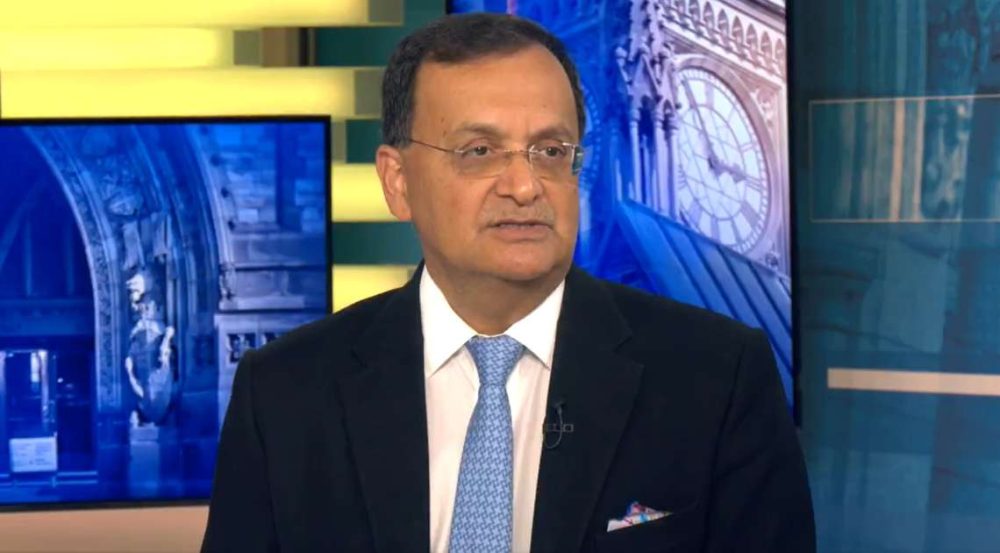The £268bn figure has emerged from the first academic research looking at the cost of Britain’s increasing consumption of food that…reports Asian Lite News
The UK’s growing addiction to unhealthy food costs £268bn a year, far outstripping the budget for the whole NHS, the first research into the subject has found.
The increased consumption of foods high in fat, salt and sugar or which have been highly processed is having a “devastating” impact on human health and Britain’s finances.
“Far from keeping us well, our current food system, with its undue deference to what is known colloquially as ‘big food’, is making us sick. The costs of trying to manage that sickness are rapidly becoming unpayable,” the Food, Farming and Countryside Commission (FFCC) report says.
The £268bn figure has emerged from the first academic research looking at the cost of Britain’s increasing consumption of food that, according to the government’s system of assessing nutritional quality, is deemed unhealthy.
Of that, £92bn covers the direct costs to the government of tackling the impacts of what the FFCC calls “Britain’s unhealthy food system”. It involves spending by the NHS (£67.5bn), social care services (£14.3bn) and the welfare system (£10.1bn) on tackling the diseases closely linked to diet, such as type 2 diabetes, heart problems and kidney disease.
The other £176bn is the indirect cost of lost productivity from people who are too sick to work due to diet-related illness (£116.4bn) and “human costs”, such as pain and early death (£60bn).
“The £268bn cost is staggering. I was shocked by how high it was when I arrived at it,” said Prof Tim Jackson, an economist at the University of Surrey, who undertook the research for the FFCC. He added: “£268bn is a very, very conservative estimate of these costs.”
His findings will increase the pressure on Keir Starmer to take tough action to limit consumption of unhealthy food and fulfil his promises to tackle Britain’s increasingly sick population and revive the crisis-hit NHS. Labour aims to eradicate smoking and has pledged to ban junk food advertising on TV before 9pm and energy drink sales to under-16s.
Jackson’s calculations are based on his analysis of a range of publications and projections by the UK government, international bodies such as the UN’s Food and Agriculture Organization and thinktanks such as the Institute for Fiscal Studies and the Tony Blair Institute, covering state spending and the costs of treating chronic diseases, including those closely associated with bad diet.
Households across the UK would each have to spend an extra £38 a week – a total of £57bn a year, on top of the £101.5bn a year they already spend – to ensure that everyone followed the healthy diet outlined in the government’s Eatwell guide. That would involve much greater intake of vegetables, fruit and fibre and far less of crisps, snacks and sauces.
Doing so would cost the richest households a third more, but for the poorest their weekly spending would double, raising questions about how realistic such expectations are amid widespread food insecurity and the cost of living crisis.
Dr Dolly van Tulleken, a Medical Research Council-funded Cambridge University expert in obesity, who contributed to the report, said: “This £268bn cost shows us that we have a food system that privatises the profits and socialises the harms from bad food. It puts a price on the failure of the government stretching back over 30 years to regulate big food.”
Sue Pritchard, the FFCC’s chief executive, urged ministers to bring in robust regulation of the food industry. Food firms have sacrificed the health of consumers as they have taken “the fast track to big profits” by using flavours, packaging and clever marketing ploys to encourage people to buy food that harms their health, she said.
Ministers should consider giving vouchers to low-income households to buy UK-grown fruit and vegetables, and more support to farmers to produce food, she added.
ALSO READ: UK’s CHOICE BETWEEN EU AND TRUMP














